NASAL VALVE COLLAPSE: RHINOPLASTY AND TYPES OF GRAFTS
Artigo de Pesquisa
Nasal valve collapse is one of the causes of nasal obstruction reported by patients. Modern rhinoplasty is indicated not only for aesthetic purposes, but also for the preservation and treatment of functional alterations, whether congenital or acquired. A review has shown that in cases of nasal valve collapse, the most commonly used graft is autologous cartilage from the nasal septum. However, auricular conchal cartilage and rib cartilage are also used, depending on the type of reconstruction and the amount of material needed.
Authors: Johann G. G. Melcherts Hurtado, Caio Soares, Manoel Joaquim de OLIVEIRA,
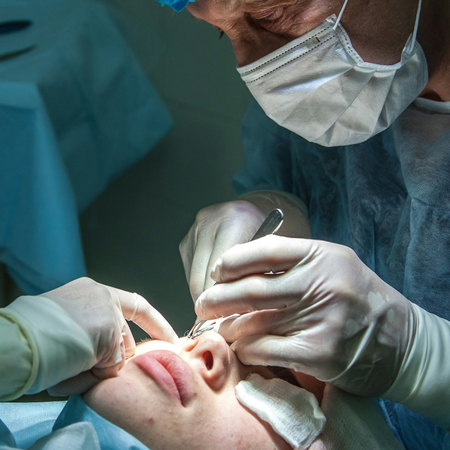
Introduction: There is still no consensus on the best therapeutic approach to minimize postoperative complications in closed septorhinoplasty. Objective: To compare the use of steroidal and non-steroidal anti-inflammatory medications at home, following closed septorhinoplasty. Methods: Data were collected through a questionnaire addressing certain postoperative symptoms that could occur. A total of 26 patients underwent closed septorhinoplasty, with one group of 21 patients taking...
Read More
Introduction: Peak nasal inspiratory flow (PNIF) can objectively measure the degree of nasal obstruction; however, this method is still rarely used in otorhinolaryngology clinics to assess nasal patency objectively before and after each surgical procedure. Objective: The present article aimed to conduct a review of 50 medical records of patients who underwent septorhinoplasty, with samples of the PNIF collected at three different time points. Results: The average PNIF of the evaluated...
Read More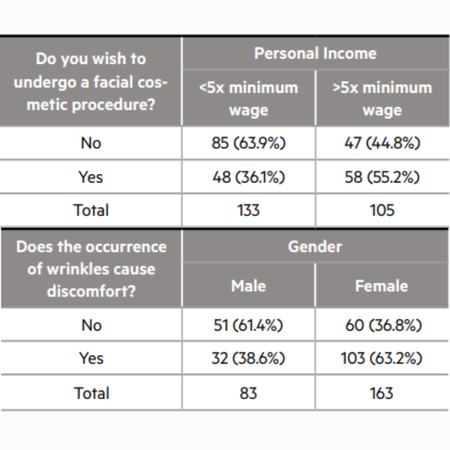
Introduction: There is a progressive increase in the global elderly population. Among the changes associated with senescence, facial aesthetic alterations are notable. Objective: The aim of this study was to identify the most common aesthetic concerns in the elderly population, and to characterize this group. Material and Methods: This was a cross-sectional, analytical, and comparative study involving 249 individuals of both genders, using a specific questionnaire and relevant statistical...
Read More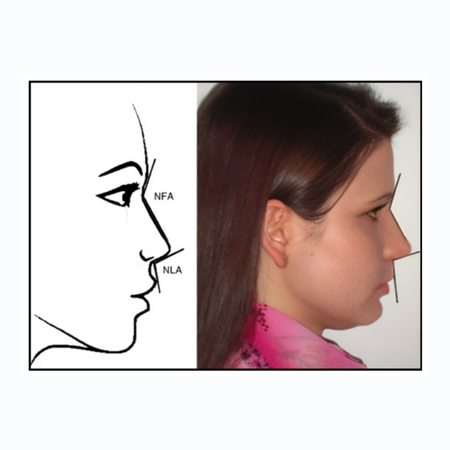
Introduction: The development of facial measurements, which are considered the aesthetic standard, occurred alongside the advancement of facial plastic surgery. To assess patient satisfaction quantitatively, a tool known as ROE (Rhinoplasty Outcome Evaluation) questionnaire was developed. Objective: The objective of this study was to compare patient satisfaction levels after rhinoplasty with nasal anthropometric analysis before and after surgery. Methods: This was a cross-sectional study of...
Read More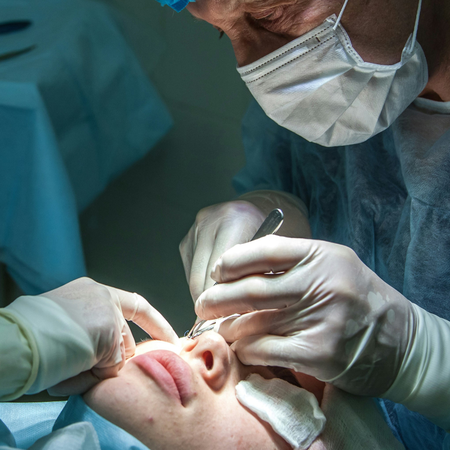
Nasal valve collapse is one of the causes of nasal obstruction reported by patients. Modern rhinoplasty is indicated not only for aesthetic purposes, but also for the preservation and treatment of functional alterations, whether congenital or acquired. A review has shown that in cases of nasal valve collapse, the most commonly used graft is autologous cartilage from the nasal septum. However, auricular conchal cartilage and rib cartilage are also used, depending on the type of reconstruction...
Read More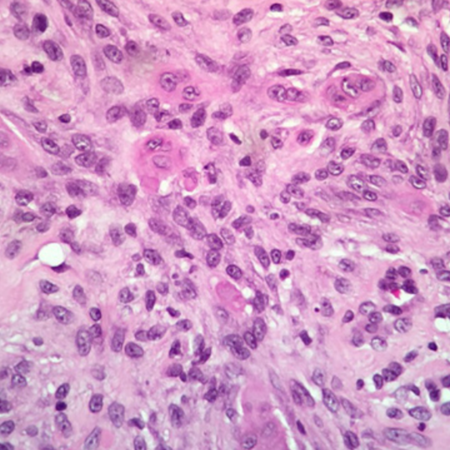
There is a vast number of articles in the medical literature exploring the association between inverted papilloma and squamous cell carcinoma (SCC) of the nose and paranasal sinuses. However, the majority of these studies focus on papillomas originating from the epithelium of the lateral nasal wall (Schneiderian epithelium). Although the histological association of inverted papilloma and squamous cell carcinoma is uncommon, the following case presents several unique aspects. It involves a...
Read More